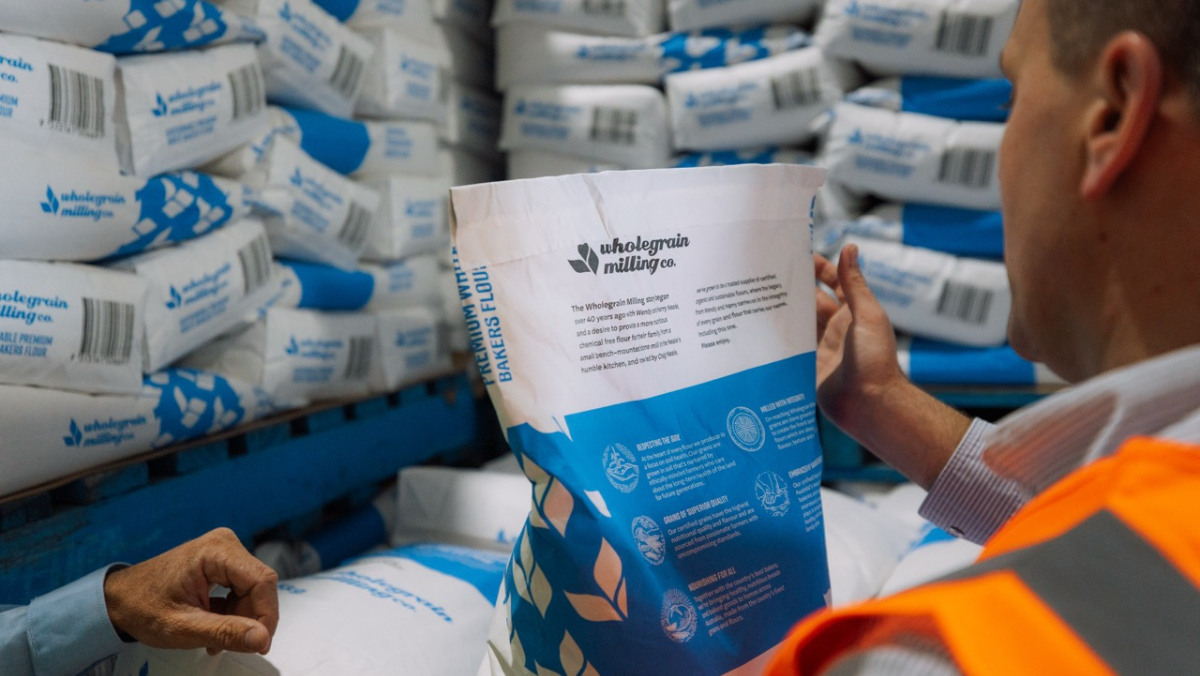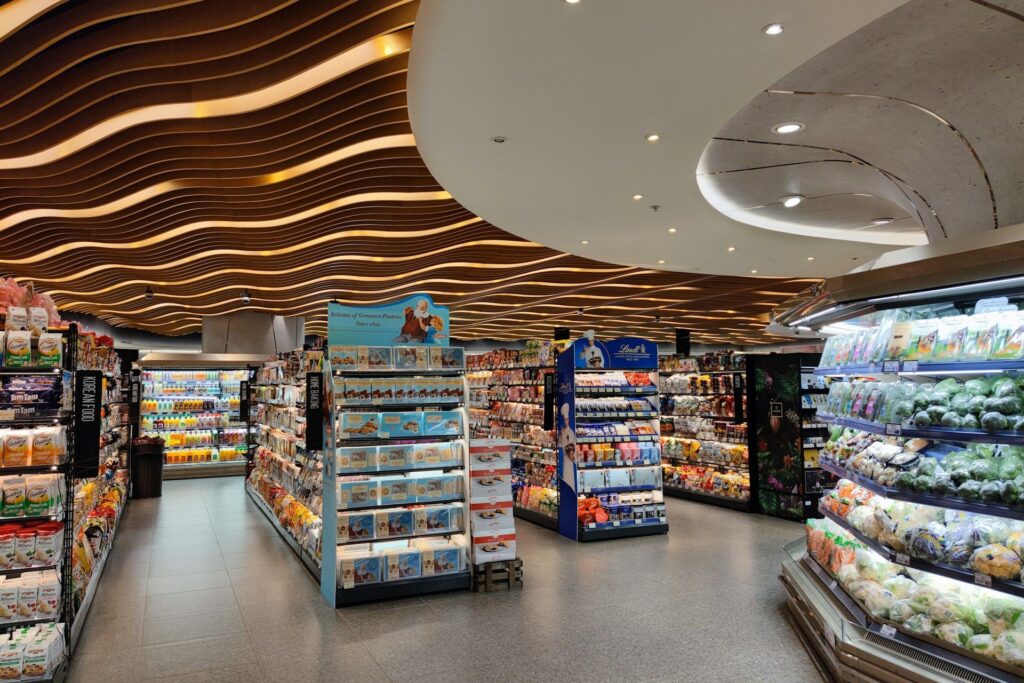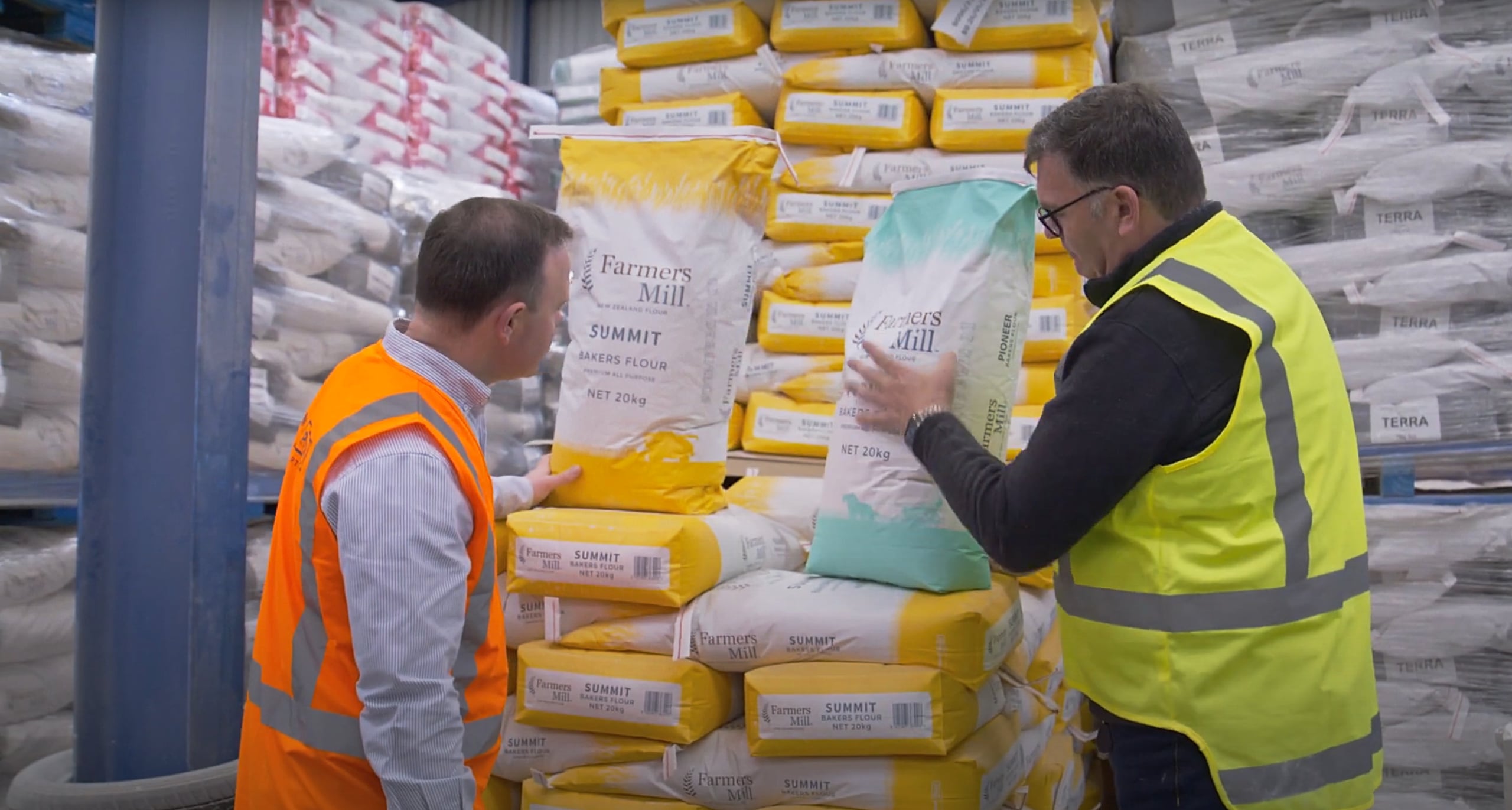
The bar for food safety in Australia and New Zealand has risen, and, quite rightly, continues to rise. In addition to higher expectations around safety, there’s a growing disconnect for food and ingredient manufacturers. While production facilities might operate under strict compliance protocols, packaging often comes from suppliers with the basic – and increasingly outdated – HACCP certification.
This raises a critical question: is your packaging really meeting the standard your business needs?
HACCP (Hazard Analysis and Critical Control Points) has long been the entry-level standard in food safety. As a system it focuses on identifying and managing food safety hazards in production processes.
But when it comes to packaging, HACCP is no longer sufficient for most food-grade applications—especially if you’re supplying supermarkets or exporting.
BRCGS stands for ‘Brand Reputation Compliance Global Standards’ and was formerly known as ‘British Retail Consortium’ (BRC). Packaging materials rated against BRCGS go several steps further than HACCP standards in terms of food safety assurance.
Importantly for Australian and New Zealand manufacturers, BRCGS Global Standard Packaging Materials is GFSI-recognised (Global Food Safety Initiative) and has now become the global industry benchmark. This standard:
Over 70% of supermarket private-label programs in Australia and globally now require BRCGS or a GFSI-recognised standard for packaging suppliers.
(Source: BRCGS, 2024)


At Smart Pack, we’ve made a clear decision to partner with manufacturers who are BRCGS Packaging Materials certified. We did this not because it’s easy—but because it’s what our customers need.
We support food producers, processors and ingredient suppliers with:
If your packaging supplier can’t provide BRCGS certification—or can only provide HACCP—it might be time to ask some tough questions:

Relevant products: